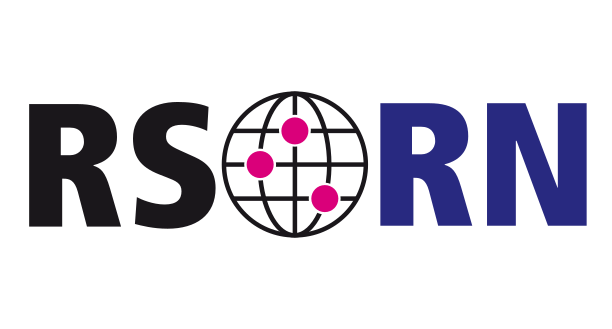The Serbian Reproducibility Network is a national initiative dedicated to strengthening the quality, transparency, and reliability of research in Serbia.
We believe that high-quality, trustworthy research depends on openness and reproducibility. By embedding these principles into the daily practices of researchers, educators, and institutions, Serbia can contribute to a stronger, more collaborative global scientific community.
What we do
To address current challenges, the Serbian Reproducibility Network brings together existing bottom-up initiatives, research groups, and individuals who are committed to transforming the research culture through training, advocacy, and community-building. Our work is connected with national efforts in open science policy and infrastructure development.
Goals
Short- and medium-term:
- Build a distributed, nation-wide network of initiatives, research groups, and individuals.
- Design training programmes: define priorities, pool existing resources, and develop a roadmap for comprehensive training in reproducibility.
- Promote hands-on training with a strong focus on train-the-trainers approaches.
- Empower researchers outside major university centres and support smaller institutions not affiliated with universities.
- Collaborate with policy influencers (such as the Association of Institutes of Serbia, the Team for Open Science in Serbia, and the SAIGE project) to advocate for open science.
- Foster international collaboration with other reproducibility networks.
Long-term:
- Integrate open and reproducible research practices into university curricula and training programmes.
- Co-create a system of incentives and rewards that values transparency, collaboration, and reproducibility.
Why it matters
By promoting open and reproducible research practices, we aim to:
- Enhance the quality and reliability of research in Serbia.
- Support researchers at all career stages to adopt sustainable and transparent practices.
- Position Serbia as an active and engaged member of the global scientific community.


